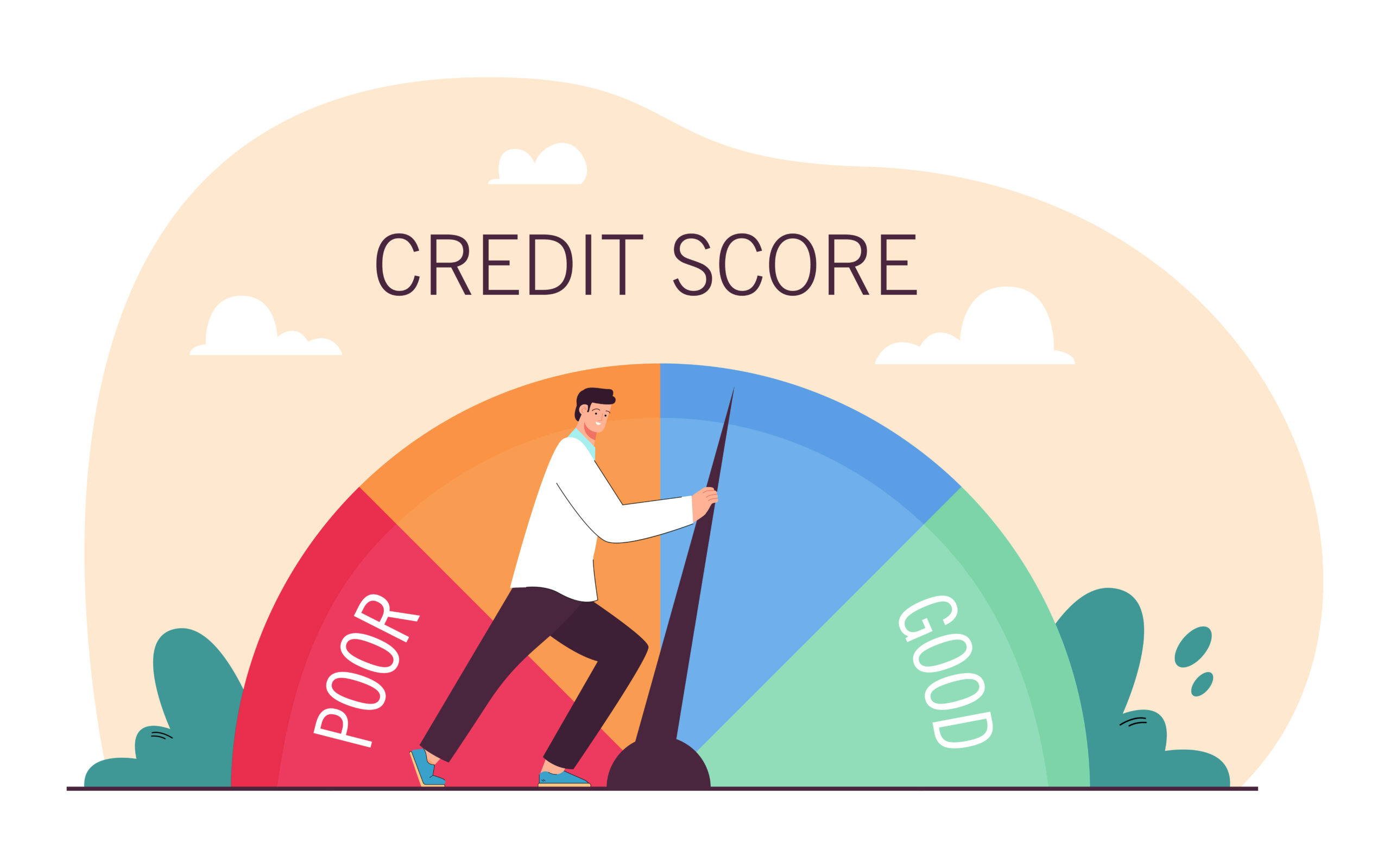In India, getting access to a variety of financial services, such as credit cards and loans, requires having a high credit score, which is commonly measured by the CIBIL score. But because of prior financial errors, a lot of people end up with low CIBIL scores, which makes it challenging to get fresh loans. High credit utilization, defaults, and late payments can all lower credit ratings. Bank monitoring is frequently heightened in this scenario, and recovery agents may potentially harass you. Notwithstanding these difficulties, customers can manage problematic CIBIL loans and enhance their credit standing with the help of several techniques and choices.
Understanding CIBIL Scores and Their Impact
A person’s creditworthiness is shown by their three-digit Credit Information Bureau (India) Limited (CIBIL) score, which is based on their credit history. Higher scores indicate better credit health. Scores range from 300 to 900. A low CIBIL score can lead to more stringent repayment terms, higher interest rates, and significant restrictions on credit availability. As a result, people with low credit ratings would have trouble getting loans, and even then, their terms might not be ideal.
The Challenges of Bad CIBIL Loans
For consumers with poor credit, getting a loan is frequently fraught with difficulties. Because of the perceived danger of default, traditional banks and financial institutions are generally reluctant to lend to people with bad credit records. If a loan is authorized, it usually has strict repayment terms and a high interest rate. This may result in a debt cycle where debtors find it difficult to fulfill their obligations, therefore harming their credit ratings.
Furthermore, if you apply for a loan with a low CIBIL score, banks and recovery agencies may harass you. The numerous calls, threats, and house or workplace visits that are part of aggressive recovery techniques can be extremely stressful and anxiety-inducing. Comprehending the many approaches and tactics at one’s disposal can aid in alleviating these problems and offer a route towards monetary restoration.
Options for Borrowers with Low CIBIL Scores
Notwithstanding the difficulties, borrowers with low CIBIL ratings have a number of ways to obtain loans and get out of debt.
Safe Deposit Box Loans
Applying for a secured loan is one practical choice. Collateral, such as real estate, gold, or fixed deposits, is necessary for secured loans in order to lower the lender’s risk. Lenders are often more inclined to grant loans for borrowers with bad credit because the loan is secured by an asset. When opposed to unsecured loans, secured loans usually have better terms and cheaper interest rates. But, it’s critical to be aware of the hazards because the collateral may be lost if the loan is not repaid.
Non-Banking Financial Companies (NBFCs) and Peer-to-Peer Lending
For those with low CIBIL scores, peer-to-peer (P2P) lending platforms and non-banking financial companies (NBFCs) offer alternative credit options. Compared to traditional banks, NBFCs frequently have more lenient lending standards and might grant loans to people with bad credit records. P2P lending platforms give borrowers another way to get loans by putting them in direct contact with individual lenders. It is important to compare conditions and make an informed decision because, although these options may be more accessible, they frequently have higher interest rates.
Credit Unions and Cooperative Banks
For those with poor credit, credit unions and cooperative banks may also be able to provide loans. These organizations may have more lenient lending standards and frequently prioritize helping their members and the community. Developing a partnership with a cooperative bank or credit union might give you access to financial services and products that regular banks might not be able to offer.
Improving Credit Scores
Raising one’s CIBIL score is crucial for long-term financial stability. Even if it takes time, persistent work can provide noticeable results. Among the methods to raise credit ratings are:
- On Time Payments:Paying all of your bills—including credit card, loan, and utility bills—on time can have a good effect on your credit score.
- Debt Reduction:Reducing outstanding debt can raise credit scores and enhance credit utilization ratios. Prioritize paying off high-interest debt first.
- Keeping an eye on credit reports:An accurate credit score can be maintained by routinely reviewing credit reports for mistakes or inconsistencies and challenging any that are found.
- Limiting New Credit Applications: Too many new credit accounts applied very quickly might have a bad effect on credit ratings. Spread out your apps to prevent this problem.
Handling Bank Harassment
Although dealing with harassment from banks and recovery agencies can be difficult, it can be lessened by being aware of one’s rights and knowing what to do. The Reserve Bank of India (RBI) has put policies in place to shield debtors from unscrupulous collection agencies. Recovery agents are required by these principles to treat debtors with dignity and refrain from employing harsh words or strategies. Additionally, they must only visit borrowers at the proper times and places.
Borrowers should keep a record of all communications, including dates, times, and the type of harassment, if it happens. The problem might be resolved by reporting such events to consumer protection organizations or the banking ombudsman. One might also seek legal counsel to make sure their rights are upheld.
Seeking Financial Counseling
For those who are having trouble repaying bad CIBIL loans, financial counseling can be a very helpful resource. Expert financial counselors are able to offer tailored guidance on debt management, credit score enhancement, and loan selection. They can also help with creating a financial plan and budget that are customized for each individual’s needs. Financial counseling services are available to a wide spectrum of people through numerous non-profit organizations and government agencies, which often offer them for free or at a reduced cost.
Conclusion
It takes a combination of proactive financial health maintenance, knowledge of one’s alternatives, and strategic planning to navigate problematic CIBIL loans in India. Although poor credit score consumers face several obstacles, such as possible harassment from banks and recovery agencies, there are alternatives to get loans and improve creditworthiness. People might pursue financial stability by looking into secured loans, alternative financing sources, and concentrating on raising their credit scores. Furthermore, getting financial counseling and knowing one’s rights can provide borrowers even more confidence and ability to manage their financial difficulties.
Get in touch with us today at www.Settleloan.in and embark on your path to financial freedom



